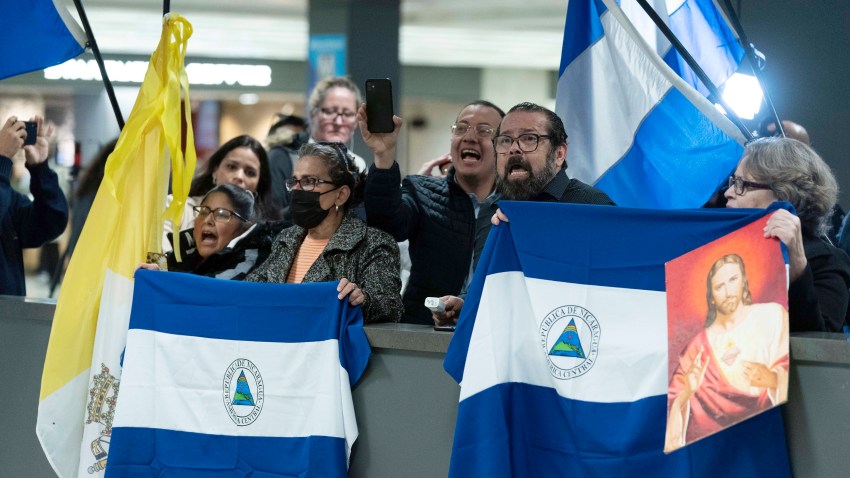On Feb. 10, a plane with 222 political prisoners from Nicaragua landed in the United States. Any time a political prisoner is freed, it’s a moment for celebration. But the news of the liberation of these prisoners came with a caveat. Nicaraguan President Daniel Ortega announced that all 222 of those on the plane had been stripped of their citizenship. Last week, Ortega’s regime announced that he would strip citizenship from another 94 dissidents in exile.
This month’s release of political prisoners was not a signal of potential change or openness to negotiations. Ortega remains firmly in power. His exiling of his political opponents, like the harsh prison sentences and conditions they and anyone who has opposed him in the past several years were subjected to, was a show of force on his part. It is part of a successful strategy of repression that has prevented Ortega’s opposition from organizing, even though his regime enjoys only a tiny amount of political support in the country. Ortega’s approval is likely under 20 percent at the moment, though credible opinion polling is difficult to obtain due to the conditions in the country.
Among the hundreds freed two weeks ago were most of the opposition politicians who had been imprisoned because they attempted to run against Ortega in the 2021 election. With his main rivals imprisoned, Ortega ended up winning a sham election that year against token opponents of his own choosing.

